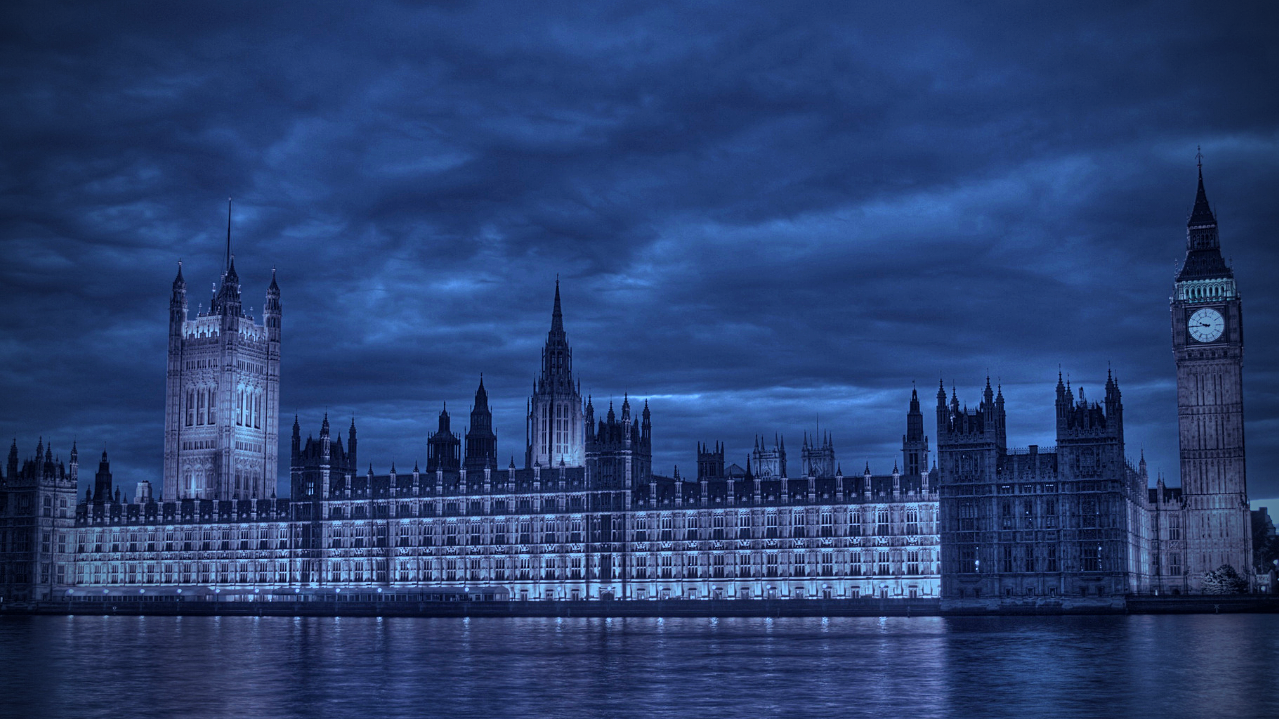A new immigration bill is before Parliament. If it becomes law, the UK’s immigration system will be transformed: freedom of movement will end, and EU citizens will be subject to the same immigration rules as citizens from the rest of the world.
That means that if the nearly four million EU citizens and their family members currently living in the UK would like to continue to stay in the country, they will have to acquire settled status.
The Bill – the short title of which is the Immigration and Social Security Co-ordination (EU Withdrawal) Bill – was introduced to Parliament in March this year, and in May it received its Second Reading, which provides the first opportunity for parliamentarians to debate its general principles, and to vote on it. The Bill passed and will now move on to further parliamentary scrutiny, at the House of Commons Committee stage, where it will be examined in line-by-line detail by MPs who will have a chance to amend it.
Haven’t we seen this bill before?
In one sense, this is not a new bill. A near-identical bill was introduced under Theresa May’s minority government in late 2018. It stalled after the Committee stage, and then fell when Parliament was prorogued in September 2019.
The current bill received mention in the Queen’s Speech of December 2019, where it was stated that, “A modern, fair, points-based immigration system” would be introduced, that “will welcome skilled workers from across the world to contribute to the United Kingdom’s economy, communities and public services.”
Apart from ending free movement, what else is there in the Bill?
Not much. In addition to repealing EU free movement, the Bill also proposes to secure the right of Irish citizens to enter and reside in the UK freely after the Brexit transition period – though they could still be made subject to an exclusion or deportation order. The bill also contains a third set of provisions on ‘social security co-ordination’ with the EU which would allow the government to implement after the transition period new rules on benefits and healthcare entitlements for EU citizens in the UK.
What does the Bill say about the future points-based immigration system?
Nothing. It contains no reference to the proposed points system. The government has stated that the details of that new system, including the requirements needed to come to the UK as a worker, student, or family member, will be laid out in the Immigration Rules later in 2020. For the time being, the most recent description we have of the UK’s post-Brexit immigration policy is the government’s February 2020 Policy Statement, our Q&A on which can be read here.
What is the significance of the new points system being laid out in the Immigration Rules?
In the UK, immigration control is governed by immigration laws. This includes primary legislation, such as the Immigration Act 1971, and secondary legislation (or ‘delegated legislation’), such as the Immigration (European Economic Area) Regulations 2016. The actual criteria that govern whether a person may gain entry to the UK or be allowed to stay are specified in the Immigration Rules, the precise legal status of which is disputed, but which are sometimes considered to be a form of secondary legislation.
Unlike bills, the Immigration Rules are generally subject to much more limited parliamentary scrutiny, for two main reasons. First, it is rare for time to be secured to debate them in Parliament. And second, packages of changes to the Immigration Rules tabled by the government cannot be amended. If parliament wants to reject new Immigration Rules, it must reject them in their entirety. This has happened on very few occasions.
The significance of all this is that the actual substance of the new points-based immigration system, by virtue of being laid down in the Immigration Rules, will likely be subject to considerably less parliamentary scrutiny, than if they formed a part of a bill.
A contentious part of the Bill proposes to give the Home Secretary the power to amend primary or secondary legislation through subsequent regulations (i.e., delegated legislation) if it is considered “appropriate in consequence of, or in connection with, any provision of” the Bill. If these subsequent regulations amend primary legislation, they must be approved by vote in both Houses. If these regulations amend only secondary legislation, they will be made and then may subsequently be annulled by either the Commons or Lords.
The government has stated that the intention behind this power is to ensure that immigration law is coherent following the broad changes introduced by repealing free movement. There are numerous references to EU freedom of movement across UK immigration law, references which will be rendered meaningless by the Bill. It therefore makes sense, says the government, for such law to be adjusted once the Bill receives Royal Assent.
However, some organisations, such as the Joint Council for the Welfare of Immigrants, and the Immigration Law Practitioners’ Association, have raised concerns that this part of the Bill gives the Home Secretary too much power, without sufficient parliamentary oversight.
Where does this leave us?
The Bill is set to achieve one big thing. It will end free movement.
And given the long-held power of the Government to change the Immigration Rules as they see fit, with little parliamentary scrutiny, the substance of the points-based system that is to replace freedom of movement may be little debated in Parliament.
This commentary is based on an article that was initially published on the UK in a Changing Europe website on 24 June 2020. Special thanks go to CJ McKinney of freemovement.org, for bringing substantial improvement to an earlier draft.
The Migration Observatory’s work on post-Brexit immigration policy is supported by the Joseph Rowntree Charitable Trust







Home / publications / commentaries /
The new Immigration Bill: closing the door on freedom of movement
24 Jun 2020